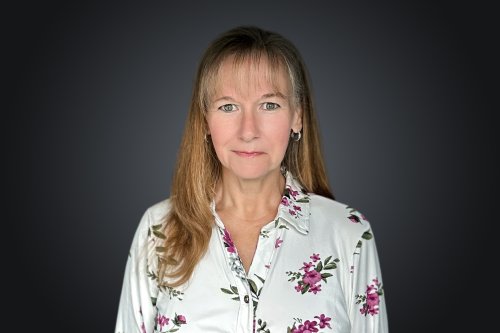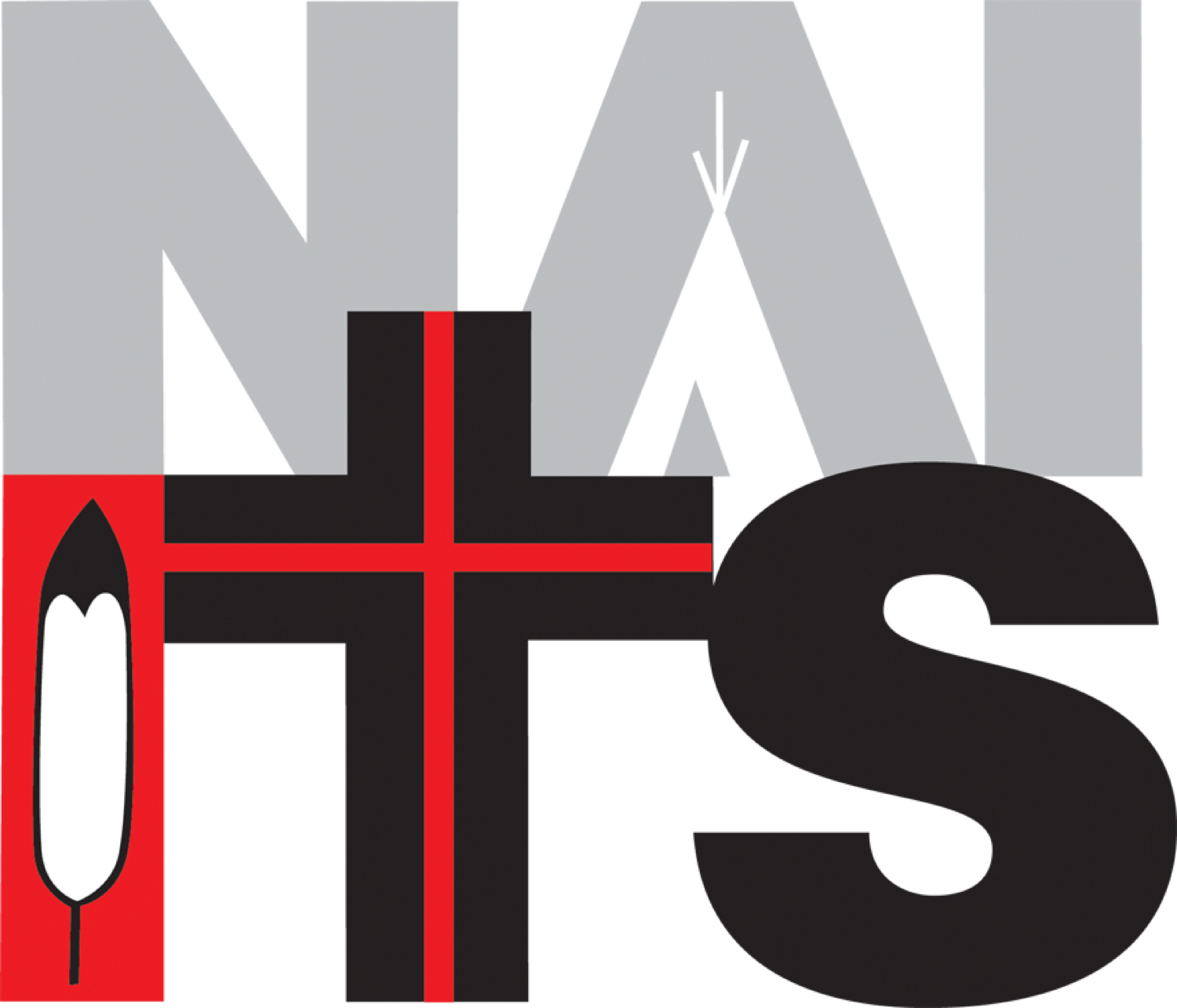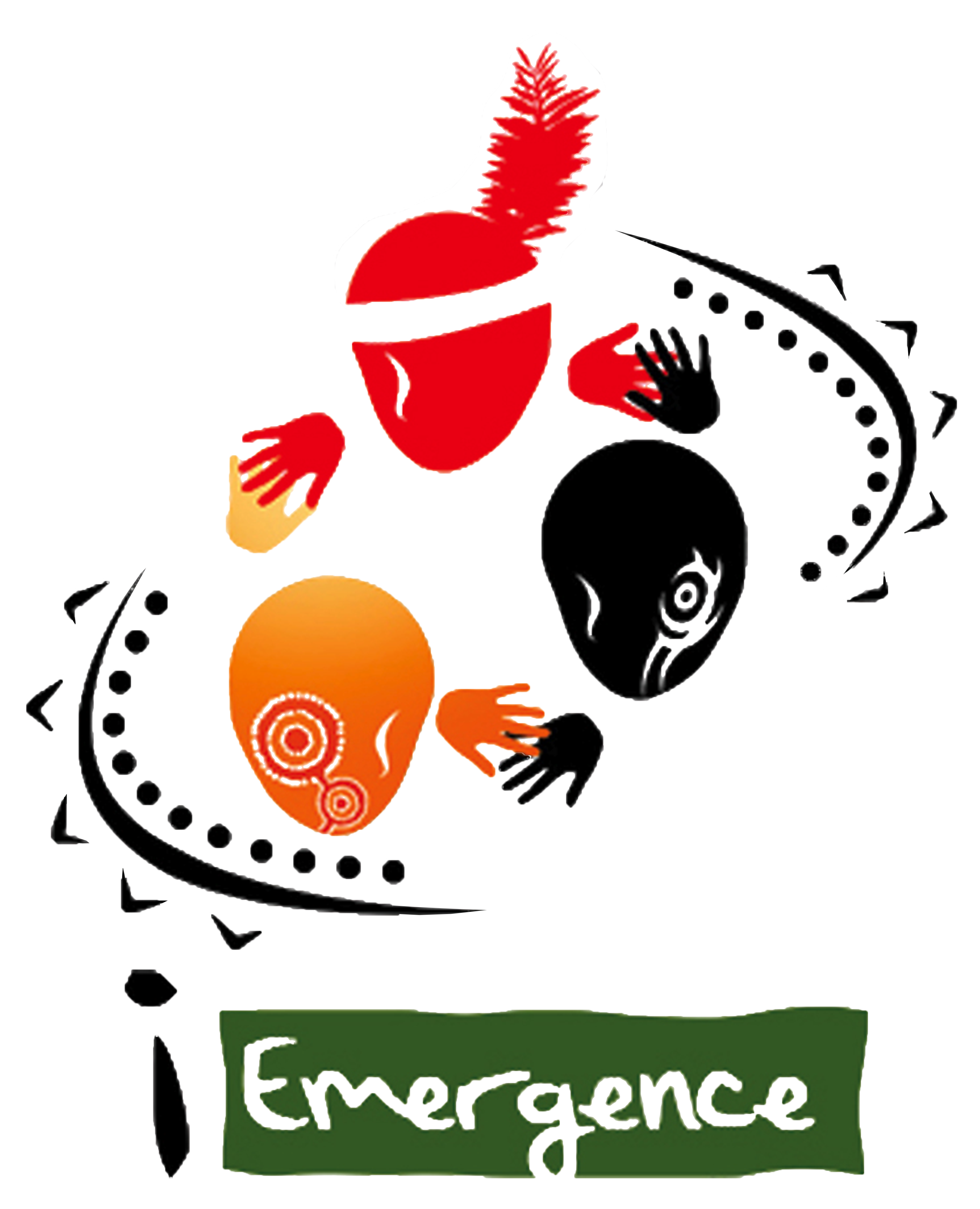When Dianne Climenhage was graduating from NAIITS: An Indigenous Learning Community with her Master of Arts in Intercultural Studies at the 2022 NAIITS symposium at Acadia Divinity College in Wolfville, Nova Scotia, one of the announcements caught her attention.
Indigenous Pathways, the parent organization of both NAIITS and iEmergence, was hiring a director of operations.
When Terry LeBlanc, who was overseeing the organization at the time, said the position did not need to be filled by an Indigenous person, Dianne, who is Euro-Canadian, jumped at the opportunity.
“Really, the work that needs to be done is work that I've done for most of the last 15 years in my career,” she said.
“I thought NAIITS had given me so much when I was going through my education, and I had learned so much, it was a wonderful opportunity to be able to use the gifts that I have to come alongside and do the administrative pieces I had the ability to do. It excited me.”
Dianne joined Indigenous Pathways later that year, bringing her background in finance, fund development, staff management and community engagement.
She is married to Marty, and they have two adult children.
How did you get connected with Indigenous Pathways?
Dianne: In 2017, I was working in northern Labrador with a Christian organization doing community development-type work with mostly Indigenous groups and learning about the history of colonization in Canada. I wanted to make sure I wasn't a Christian that did harm where I went, and I didn't know how to not do that. And so I was Googling courses to take to learn, and Terry LeBlanc's name came up in my Google search. I reached out to him and had a conversation and started my journey with NAIITS that way, and then ended up completing my degree with them.
Indigenous Pathways’ mission is to work alongside Indigenous people around the world to create a better future. What are some ways that Indigenous Pathways is doing this, and why is it important?
Dianne: When I explain Indigenous Pathways, it's basically: We do the behind-the-scenes administration that allows the work to happen in community.
A better future, I think, can look different for different people. I think that's something that Indigenous Pathways really does well, because we have a variety of ways that people can engage, whether it's through iEmergence or NAIITS, and people can decide what that better future looks like for them by partnering with us.
The Indigenous theological education piece is huge because I really believe that it's going to change the way that the Bible is interpreted and the way we do theology for everybody — not just for Indigenous people, but especially for established churches — and I think that's a better future. That means that we have a better understanding of the Bible, of our relationship with Creator and creation, and I think we'll make different choices for the environment, for fellow humanity. We will make different choices, and it will be more community-focused interpretation rather than individual interpretation of theology, which I like.
And then, with iEmergence, I was at camp for the first time this summer, and it was so exciting just to see the young people on the land, sleeping in tipis, learning how to make fires and stories about plants that are Indigenous to the area and what they're used for — just traditional knowledge being passed on. I think that connects the children who have had a disconnect from their culture because of colonization back to their culture, the way that it should be, and back to their community. And it's not just children. It's also an opportunity to develop leadership. The children who have come through the iEmergence programs are now in leadership positions with those programs, and that's really exciting to see. I think that creates a better future.
Why is this work so important for non-Indigenous people to be engaged in?
Dianne: I think, for non-Indigenous people, it's important to be engaged. It's also important that I don't try to lead this work. This is work that's already happening around me that I can come alongside and support.
It's important for non-Indigenous people to understand colonization and the effects of the church and Christian organizations on Indigenous people all over the world. In my context, that’s Canada. If, if we don't understand, we're destined to repeat.
There's a lot of talk about truth and reconciliation. Truth and reconciliation is aspirational, in my opinion. Truth is really good. What do we do with that truth once we hear it? Are we hearing it? Are we listening properly? How can we, as non-Indigenous people, make restitution for what's happened? Reparations — what does that look like in our context? I can navigate those colonial government systems to fill in the reports that are required. In my small way, that's a way of reparation. So now that means that an Indigenous person working with Indigenous Pathways does not have to navigate that government site.
Can you talk about your faith journey as a non-Indigenous person and how that led you to seek Indigenous perspectives on Jesus?
Dianne: That's a really tough one, because not only did it lead me to seek those perspectives, it led me to reject a lot of the perspectives that I grew up with.
I was baptized as a teenager at Pentecostal camp. I didn't grow up in a family that was a believing family at all, and then I was in my 20s and I met my now-husband, and there was just something about him and his family. They were just different — the way they walked in the world — and I wondered what that difference was. And then I realized that the difference was Jesus — that they knew and had a relationship with him. So I began my own reading of the Bible and devotionals, and I really came into a relationship with Jesus before I started going to church.
And then I started going to church, and then I worked in a church for a while as the church secretary when my kids were little, and I thoroughly enjoyed it. I liked going to church. I liked taking our kids there. I led women's ministries for a little while, I led children's ministries for a little while, and I really enjoyed that experience.
When a job came up with the Mennonite Central Committee that suited both my husband and I, we decided to take that job, and that's when I started this journey with NAIITS and this journey in Indigenous communities and just realizing that my knowledge of Jesus was very narrow compared to the Indigenous people that I was working alongside.
I started experiencing things in different ways: my relationships, what was important to me, the way I engaged with churches. It was also really difficult to hear hard things about the church that I loved and that was a part of this residential school system. Learning that and having hard conversations with people who just don't believe that was a reality, I guess I got a little jaded with church, and I just couldn't continue to go and pretend everything was OK and not have a place to have hard discussions. Those hard discussions are really when I drew a lot closer to Jesus, and I learned an awful lot more, and so I've found community where those hard conversations are OK to have, and I'm not judged for having them and people don't assume I'm not a Christian because I'm asking hard questions, because that was an issue for me, too.
So that changed the way I connect with Jesus and then changed my connection with the church, but I don't think in a bad way. I think it grew it bigger.
How have Indigenous perspectives changed your reading of the Bible and even how you see yourself and practice your faith?
Dianne: I think I just ask a lot more questions when I do read the Bible: Whose voices? Whose interpretation? If it's a pastor that I'm listening to, who are the sources that are feeding into the sermon? What's missing? Who's not being talked about?
And I do wonder differently now how does reading the Bible affect me in community more than I ever did. It was always a personal faith in Christ that I was taught in church, and so I think more communally now about that, and what does that look like in this world? What are my obligations because of that? What do I need to do as a follower of Jesus to live in a good way in the world and be a good community member?





